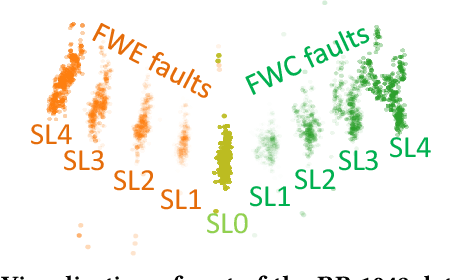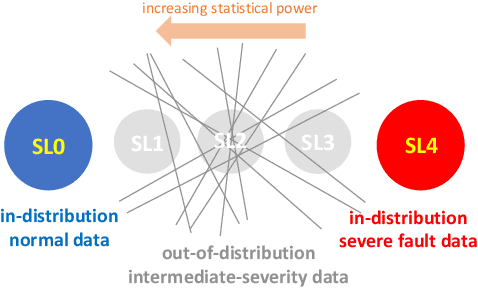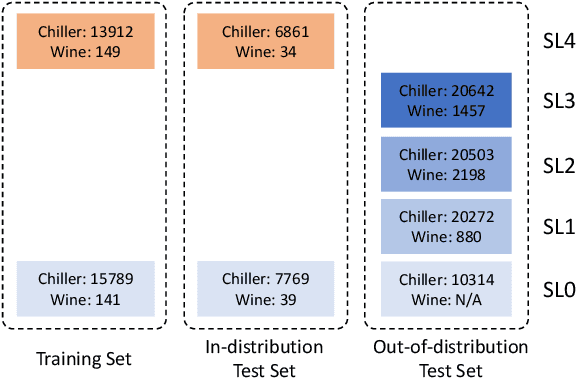Are Ensemble Classifiers Powerful Enough for the Detection and Diagnosis of Intermediate-Severity Faults?
Paper and Code
Jul 08, 2020



Intermediate-Severity (IS) faults present milder symptoms compared to severe faults, and are more difficult to detect and diagnose due to their close resemblance to normal operating conditions. The lack of IS fault examples in the training data can pose severe risks to Fault Detection and Diagnosis (FDD) methods that are built upon Machine Learning (ML) techniques, because these faults can be easily mistaken as normal operating conditions. Ensemble models are widely applied in ML and are considered promising methods for detecting out-of-distribution (OOD) data. We identify common pitfalls in these models through extensive experiments with several popular ensemble models on two real-world datasets. Then, we discuss how to design more effective ensemble models for detecting and diagnosing IS faults.
 Add to Chrome
Add to Chrome Add to Firefox
Add to Firefox Add to Edge
Add to Edge